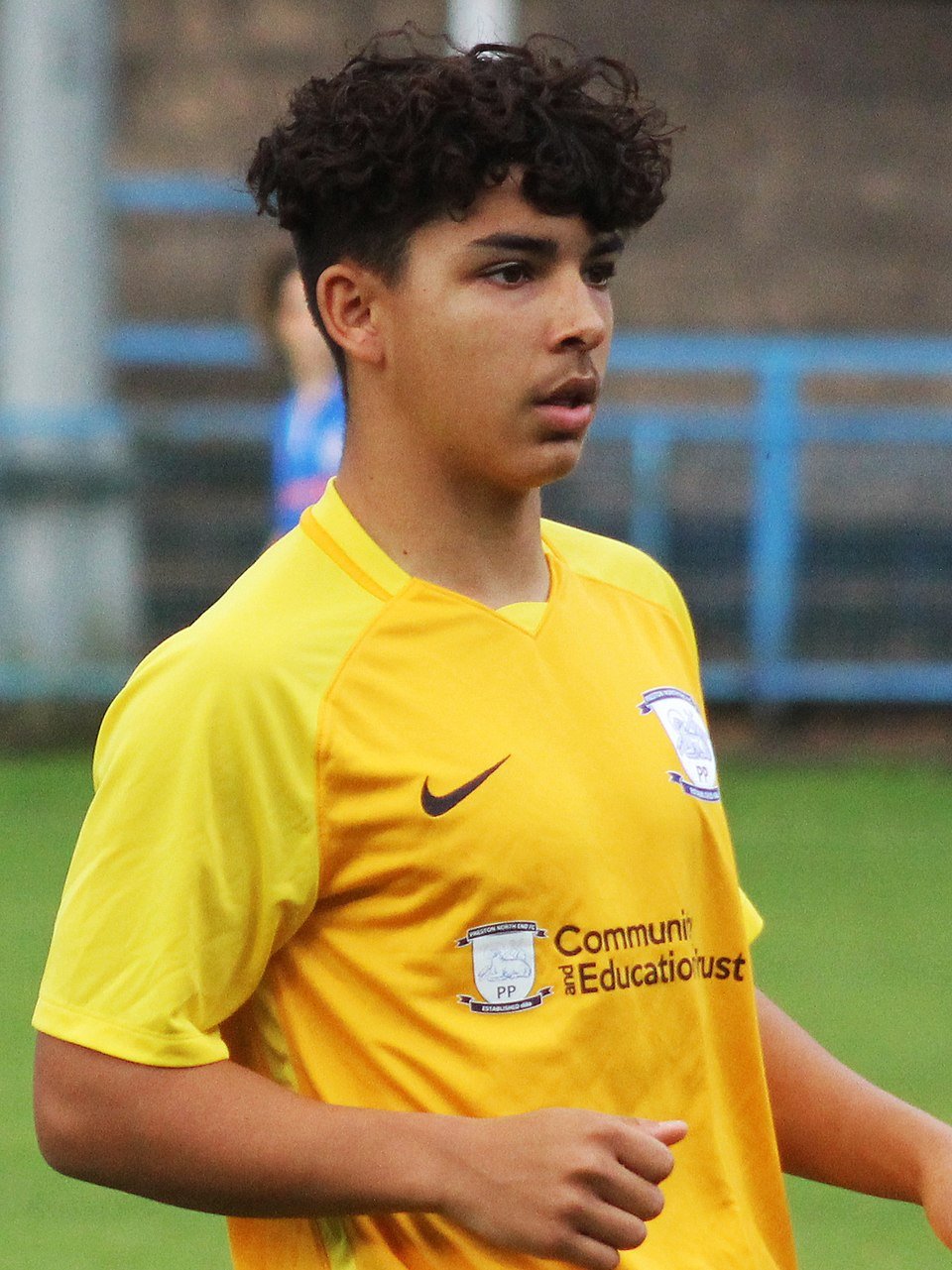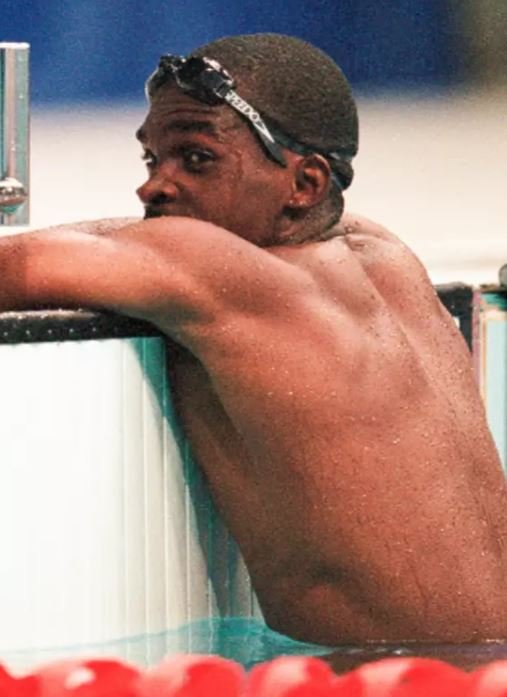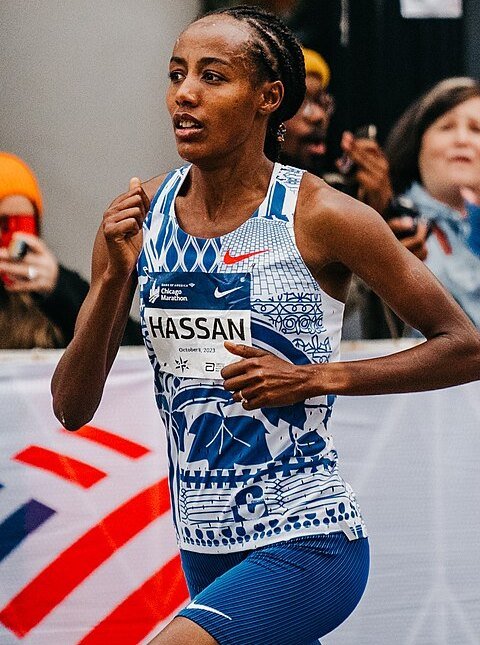Tyrhys Dolan was kicked out of Manchester City twice, lost his best friend to suicide, and still made it to Spain’s top flight. This is how grief became his greatest motivation.
There’s a moment in every footballer’s career when they realize the dream might die. For most academy kids, it comes quietly – a conversation with a clipboard-wielding coach, a letter in the mail, maybe a phone call from someone who’s already forgotten your name by the time they hang up. For Tyrhys Dolan that realization came twice before he turned sixteen. Manchester City – one of the richest clubs on the planet – looked at this Manchester kid and decided he wasn’t worth the investment. Too small, they said. Twice.
Most kids would’ve packed it in. Found a Sunday league team, maybe a decent job, told their mates down the pub about that time they almost made it. But Dolan? He kept showing up. Kept running. Kept believing in something most people couldn’t see.
What he didn’t know was that the real test wasn’t the rejection. It was what came next.
The Academy Meat Grinder
Let’s be brutally honest about football academies: they’re beautiful, toxic, dream-building, soul-crushing machines that chew up kids and spit out statistics. Less than 0.5% of nine-year-olds who enter Premier League academies ever play professional football. The rest? They get a handshake, a “thanks for your time,” and a gaping hole where their identity used to be.
Dolan joined Manchester City at seven years old. Got released at nine. Moved to Burnley. Came back to City. Got released again at fifteen. That’s eight years of your childhood spent being measured, assessed, judged, and ultimately found wanting. Twice. By the same club. In a city where football isn’t just a sport – it’s religion, family, and future rolled into one.
But here’s where Dolan’s story gets interesting. Because during those years in City’s academy, he met someone who understood the pressure, the precarity, the weird cocktail of privilege and poverty that comes with being an academy footballer. His name was Jeremy Wisten, a centre-back from Malawi, and he became Dolan’s closest friend.
They were inseparable. So much so that even after Dolan moved to Preston North End, Wisten would give him gas money just so they could hang out. Think about that for a second—these are kids living the supposed dream, playing for elite academies, and one of them is scraping together cash so his mate can afford the petrol to see him. That’s the reality behind the Instagram highlight reels.
Tyrhys Dolan: When the Dream Becomes a Nightmare
In January 2018, Wisten suffered a serious knee injury. Five months out. For any athlete, that’s hell. For an academy player whose entire value is based on current performance? It’s existential terror. Later that year, Manchester City told him he wouldn’t be getting a scholarship. No contract. No pathway. Just… nothing.
According to his father, the club promised to arrange matches where scouts could watch Jeremy play. They never followed through. That’s the moment the system failed him completely. When you’re seventeen, your body’s betrayed you, your dream’s dead, and the institution you sacrificed everything for ghosts you? The isolation is suffocating.
On October 24, 2020, Jeremy Wisten died by suicide.
Dolan had just made his professional debut for Blackburn Rovers two months earlier. He was twenty years old, finally living the dream he’d fought so hard for, and then his best friend – the one person who understood every rejection, every setback, every moment of doubt – was gone.
“He was always smiling,” Dolan said. “You really wouldn’t expect it from him.”
And there it is. The terrifying paradox of modern sport. The kid who seems the happiest might be the one drowning in silence. The academy culture that demands toughness, resilience, and relentless forward momentum doesn’t leave much room for admitting you’re struggling. So players mask it. They perform happiness. Until they can’t anymore.
Tyrhys Dolan: Turning Pain Into Purpose
Here’s where Tyrhys Dolan could’ve crumbled. Fresh into professional football, dealing with grief that would shatter most people, he had every excuse to fall apart. Instead, he did something remarkable: he decided his success would be for Jeremy.
He was a pallbearer at his friend’s funeral. He read a poem. He visits Jeremy’s grave in England every week, even now that he lives in Spain. When he signed for La Liga side Espanyol this past summer, he deliberately chose the number 24 shirt – the date Jeremy died.
Every goal he scores, every match he plays, every interview he gives – it’s all carrying Jeremy’s memory forward. It’s Post-Traumatic Growth in real-time: taking the worst moment of your life and forging it into purpose.
“Maybe I’m the way I am because I lost Jeremy,” Tyrhys Dolan admitted in a recent Guardian interview. Not despite. Because.
But he didn’t stop at personal tribute. Dolan became an ambassador for Go Again, a mental health charity specifically designed to support athletes who’ve been released from clubs and academies – the exact gap in the system that contributed to Jeremy’s isolation.
The charity operates with mental health professionals, clinical psychologists, and current and former athletes who understand the unique pressures of sport. It’s confidential, fast-response support that’s intentionally separated from club performance metrics. Because here’s the thing: players won’t open up to someone who might report back to the gaffer. They need safe spaces.
Dolan doesn’t just lend his name to the cause. He takes calls. He mentors. He provides the perspective that only someone who’s lived through both rejection and success can offer. A La Liga professional telling a devastated seventeen-year-old that it’s okay to step back and prioritize mental health? That’s powerful.
“It’s important to take a step back and think about your mental health,” he’s said publicly. “There’s always a light at the end of the tunnel.”
In a sport that traditionally equates vulnerability with weakness, Dolan’s making it acceptable – even cool – to admit you’re struggling.
The Dolan Formula: Faith, Family, and Hard Graft
So how does someone survive repeated rejection, profound trauma, and the pressure of elite sport without imploding? Dolan’s built his resilience on three pillars that sound almost old-fashioned in their simplicity: faith, family, and relentless work ethic.
He’s one of seven siblings in a tight-knit Manchester family. His parents are at nearly every match. He reviews game footage with them afterward. “Seeing my mum and dad wearing my shirt,” he’s said – that’s what it’s about. Not the glory. Not the money. The look on their faces.
That perspective is crucial. When your motivation shifts from “I need to succeed for me” to “I’m doing this for the people I love,” the pressure transforms. Failure becomes less about ego and more about letting down your tribe – which, paradoxically, makes it easier to handle because you’re not alone in it.
Then there’s the faith component. Dolan quoted Hebrews 11:1 when discussing his journey: “Now faith is being sure of what we hope for and certain of what we do not see.” In a career defined by randomness—injuries, managerial changes, lucky breaks, tragic losses – having a spiritual framework provides stability. It’s an anchor when everything else is chaos.
But faith and family only take you so far if you’re not willing to do the work. And by all accounts, Tyrhys Dolan is an absolute machine. His former Blackburn manager Tony Mowbray called him an “amazing human being” who “stays out there the longest” during training. That’s not coachspeak. That’s a manager genuinely in awe of a player’s dedication.
Dolan himself attributes everything to “hard graft and dedication.” When the world feels out of control, when grief threatens to swallow you whole, focusing on the controllable – effort, attitude, preparation – becomes a lifeline.
Making It in La Liga: The Ultimate Challenge
After five years establishing himself at Blackburn in the Championship, Tyrhys Dolan made the leap to Spain’s top flight in 2025. Espanyol in Barcelona – a massive step up in quality, culture, and pressure.
Most English players struggle in Spain. The tactical sophistication is different. The pace of life is different. The language is different. But Dolan’s thriving. Espanyol coach Manolo González praised him as the “dynamic player” profile they were after, and Dolan credits the environment for allowing him to “express myself.”
“I never wanted an easy career,” he said. “I like challenges because that’s how you improve.”
That’s the mentality of someone who’s been forged in rejection’s fire. Easy doesn’t interest him. Comfortable doesn’t interest him. He wants to prove – to himself, to Jeremy’s memory, to every scout who wrote him off – that he belongs at the highest level.
The Legacy of Tyrhys Dolan: More Than Goals and Assists
Here’s what makes Dolan’s story so compelling: he’s not content with just being a good footballer. His success is the platform, not the endpoint. He’s using his position to advocate for systemic change in how football treats its young players.
Through his work with Go Again and his public statements, he’s pushing for mandatory mental health support for released academy players. He’s normalizing the conversation around vulnerability in sport. He’s proving that you can be mentally tough and emotionally open—that those things aren’t contradictory.
When Tyrhys Dolan scores a goal and celebrates, there’s always a moment where he looks up. He’s not showboating. He’s not thinking about his Fantasy Premier League points. He’s checking in with Jeremy, making sure his friend knows: this is for you.
That’s what separates the great stories from the meaningful ones. Dolan’s not just an athlete who overcame adversity. He’s someone who took his pain and decided it would fuel something bigger than himself. He’s made sure that Jeremy Wisten’s death wasn’t just a tragedy – it became a catalyst for change.
In a sport often criticized for its soullessness, for chewing up kids and prioritizing profit over people, Tyrhys Dolan stands as proof that there’s another way. That success and compassion can coexist. That the hardest experiences can forge the strongest purpose.
He’s living proof that sometimes the kids who get kicked out twice, who lose everything, who face darkness most people can’t imagine – sometimes they’re the ones who end up shining the brightest.
And somewhere, you’d like to think Jeremy’s watching, wearing that number 24 shirt, proud as hell of his best mate who never gave up.
If you or someone you know is struggling, Go Again provides free mental health support for athletes.
More Stories of Triumph Through Tragedy: Dolan’s journey isn’t unique in its pain, but it is in his response. If this story moved you, check out Matthias Steiner: How Grief and Love Lifted an Olympic Weightlifting Legend at Beijing 2008—the remarkable story of the German weightlifter who channeled the devastating loss of his fiancée in a car accident into Olympic gold, lifting not just barbells but the memory of his greatest love onto the podium in one of sport’s most emotional moments.
Photo: By Kane Brooker – Tyrhys Dolan, CC BY 2.0, Tyrh




